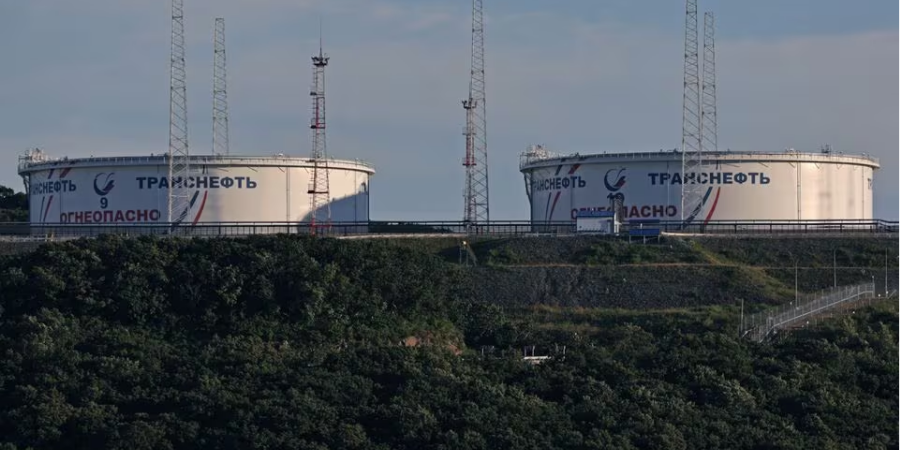India–US Trade Tensions Rise Over Steel and Auto Tariffs NMDC Limited reports a 38% drop in Q4 FY24 consolidated net profit RINL to Raise $23 Million Through Land Sales Amid Crisis

Oil prices rebounded on Monday after experiencing significant declines the previous week. This recovery was attributed to Washington's commitment to conduct additional strikes on Iran-backed groups in the Middle East. Simultaneously, Ukrainian drones targeted the largest oil refinery in southern Russia, contributing to market uncertainties.
Brent crude futures increased by 1%, reaching $789 a barrel, while U.S. West Texas Intermediate futures rose by 0.4% to $73 a barrel. Despite this upturn, both benchmarks concluded the preceding week with a 7% decrease, with a 2% decline on Friday influenced by stronger-than-expected U.S. jobs data and progress in ceasefire talks between Israel and Hamas.
Analysts from ING noted that hopes for a ceasefire between Israel and Hamas played a role in the market weakness, but an imminent ceasefire was not anticipated. Investors remained cautious due to the potential escalation of conflicts in the Middle East. The U.S. signalled further strikes on Iran-backed groups in response to an attack on U.S. troops in Jordan, while also continuing operations against Iran-backed Houthis in Yemen.
The U.S. Department of Justice announced sanctions and seizures related to an oil trafficking network financing Iran's Islamic Revolutionary Guard Corps, seizing over 520,000 barrels of sanctioned Iranian oil on the crude tanker Abyss en route to China. Iran aims to sell 1 Mn barrels per day in the upcoming fiscal year, representing about 1% of the global supply forecasted by the International Energy Agency.
In Russia, two Ukrainian attack drones targeted the country's largest oil refinery, leading to a reduction in Russia's naphtha exports, a crucial petrochemical feedstock. Commonwealth Bank commodities analyst Vivek Dhar suggested that oil markets would likely continue to discount supply disruption risks in the Middle East, keeping Brent futures below $80 a barrel.
The situation remains fluid, with ongoing geopolitical tensions and military actions influencing oil market dynamics.
Also Read : Permian basin deal frenzy slows 2024 oil output growth US Steel Tariffs Spark Global Economic Uncertainty Amid Trade Tensions